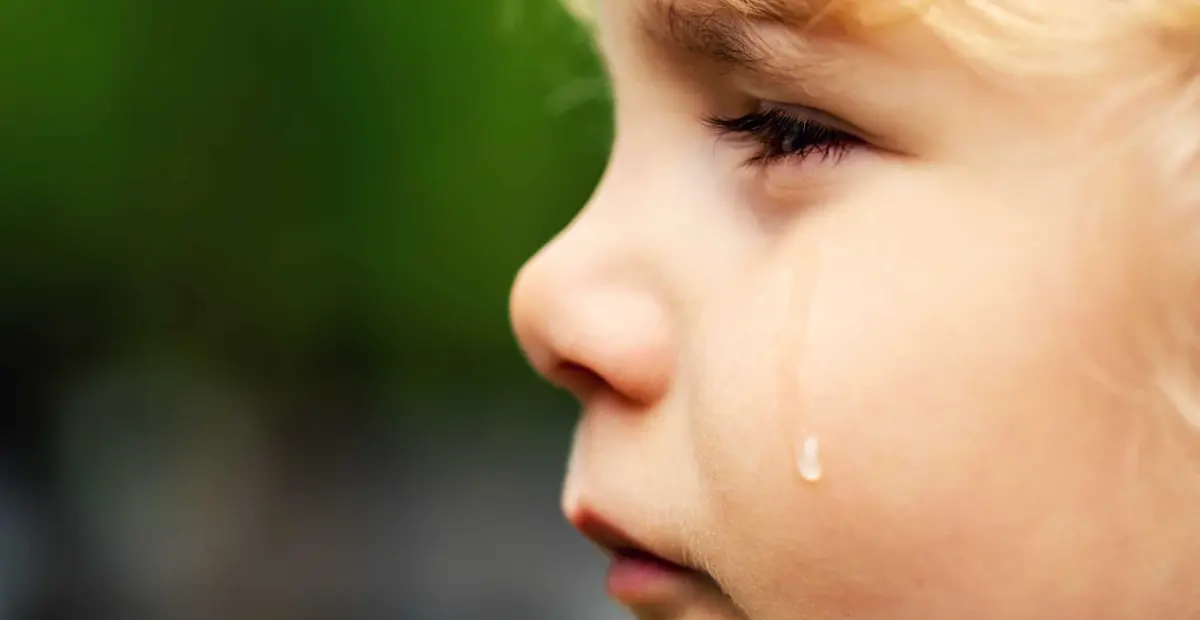Emotions. We all have them. We’ve felt the good, the bad, and the ugly. Happiness, sadness, anger, disappointment, guilt, love. Even though kids are small they can feel some huge emotions, and they should be normalized and discussed.
Building a Support System
Your child should feel safe to discuss emotions and feelings with family, friends, teachers, and other trusted adults like coaches and mentors. This forms your child’s support system. Sharing positive feelings can reinforce good behavior and help your child celebrate accomplishments. Sharing negative feelings can help take some of the burden from your child to allow him or her to be able to process and form a deeper understanding of him or herself.
Emotions are NORMAL
Having emotions is completely normal! It’s important to understand why we’re feeling what we’re feeling so we know how to move forward positively. Have you ever been angry? Did you ask yourself why you’re angry? Did you acknowledge your emotion as valid and real? How did you move forward and release that anger in a healthy way? You can ask and answer these same questions with joy and sadness, too. Girls and boys have big emotions, so don’t let society tell them their feelings are invalid. Girls can be tough warriors and boys can cry, so forget any societal norms that limit or stunt your child’s emotional growth.
Celebration and disappointment
Celebration and disappointment can be two of the hardest emotions to process. Celebration, you say? Yes! So often we don’t take time to celebrate achievements and small victories and go right on to setting the next goal. Take time to celebrate your child’s accomplishments and acknowledge his or her hard work! Celebrations, whether a huge family party or a mini dance party in the car to a great song, reinforce goal setting, hard work, and discipline. On the other hand, if you have a sensitive child, feelings of disappointment can feel all-consuming and overwhelming. It’s important to let your child know that as unpleasant as disappointment is, it’s a normal emotion to feel and it will pass. Disappointment doesn’t have to ruin everything.
Don’t repress emotions
What happens when you shake a pop bottle? The carbonation fizzes and if shaken hard enough, it could explode. There is a time to hold it together and a time to let it go— a time to be strong and a time to be vulnerable. Many adults have trouble knowing the difference, so our children absolutely deserve our support when dealing with big emotions. As adults we know that it’s not always appropriate to have our big feelings in public places, so reinforce your child’s emotions and set expectations for how to deal with those big feelings.
Positive ways to express and release emotions
- Reading – read books with your child and discuss how the characters handle emotion, diversity, and conflict
- Art – have your child draw, paint, collage, or sketch how he or she is feeling
- Writing – have your child start a journal and write down how he or she felt throughout the day
- Music – have your child pick a song that describes how he or she feels and turn the volume up
- Talk – create a safe space at home where your child can tell you exactly how he or she is feeling, ask questions, and help him or her feel in control by coming up with a plan
- Take a break – sometimes it’s best just to take a break and let your child’s mind calm down so you can have a thoughtful discussion when the time is right



